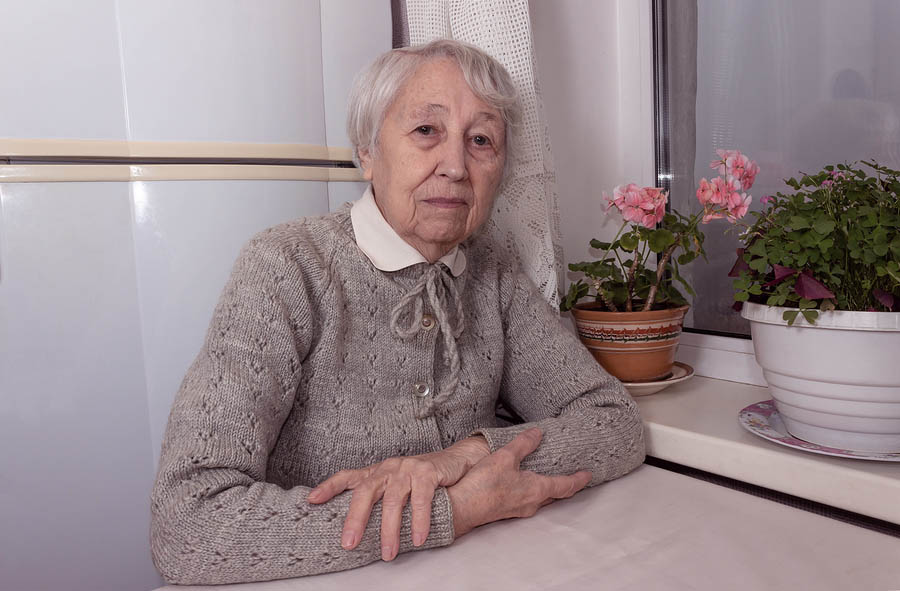Aging and Social Isolation Care Plan
Category:

During the COVID-19 pandemic, seniors everywhere are practicing social distancing and are likely feeling isolated. However, social isolation can be a problem for seniors even when the world is not experiencing these circumstances. Let’s discuss how to combat social isolation and some factors behind it.
Aging and Social Isolation
According to research, social isolation can be linked to higher risks of:
- Alzheimer’s disease
- Anxiety
- Cognitive decline
- Death
- Depression
- High blood pressure
- Heart disease
- Obesity
- Weakened immune system
Coping with social isolation can be difficult for many reasons. These include, but are not limited to:
- Low-quality social relationships, or a lack of these relationships entirely
- Chronic health problems
- Changing family structures
Furthermore, dealing with social isolation can be more difficult for the following populations:
- Low-income seniors
- Seniors who are caregivers to others
- Those who are new to the area
- LGBTQ community members
- Seniors with physical and mental health issues
In the next section, we will review how to overcome social isolation.
Download Free Guide to Home Care
How to Cope with Social Isolation
Now that we understand the impact of social isolation, let’s talk about how to solve it. A social isolation care plan should include:
- Keeping a schedule: Even though you may not have a consistent schedule to follow, it is important to keep a routine. Start each day with a list of things to do. This can include chores, preparing three meals a day, or making important phone calls.
- Taking care of something: During the COVID-19 pandemic, animal shelters have an increased need for foster parents. “Pet owners remain engaged socially, have less depression, suffer less loneliness, feel more secure, have more motivation for the constructive use of time, and require less medication than non-pet owners,” says researcher Eve Beals in her peer-reviewed paper Emotional Benefits of Dog Ownership. A plant can also be an excellent substitute.
- Utilizing assistive devices: While people practice social distancing, it can be more difficult for caregivers to visit. Assistive devices can ensure no task is off-limits for elderly individuals. These gadgets can help with everything from walking to eating.
- Staying connected with loved ones: We are fortunate to live in a time when keeping in touch has never been easier. A simple phone call can ease feelings of loneliness, while you can also utilize other forms of technology, such as social media and video chatting.
- Staying informed: An online survey of 1,210 respondents from 194 cities in China showed that those who were informed about the virus and precautionary measures had better psychological functioning and resilience. However, this may not be the case for all seniors. Limit your media consumption to some extent to avoid higher levels of anxiety and depression.
- Staying active: Balance exercises, armchair exercises, and many other activities can reduce depression, fight off inflammation, increase metabolism, and prevent falls. Speak with your doctor before undergoing rigorous exercise routines.
- Creating or building something:Art, gardening, and even playing games can improve your mood and keep your memory sharp. Even listening to or making music can make recovering from social isolation easier.
- Asking for help from delivery services and loved ones: If you’re unable to drive or if you are practicing social distancing, be sure to look into delivery services for groceries and takeout. Instacart, Amazon Pantry, and Postmates are a few good services. Furthermore, a loved one who is not immunocompromised can perform some shopping for you and leave groceries on your doorstep.
Subscribe
Date: 2020-04-09
Category:


